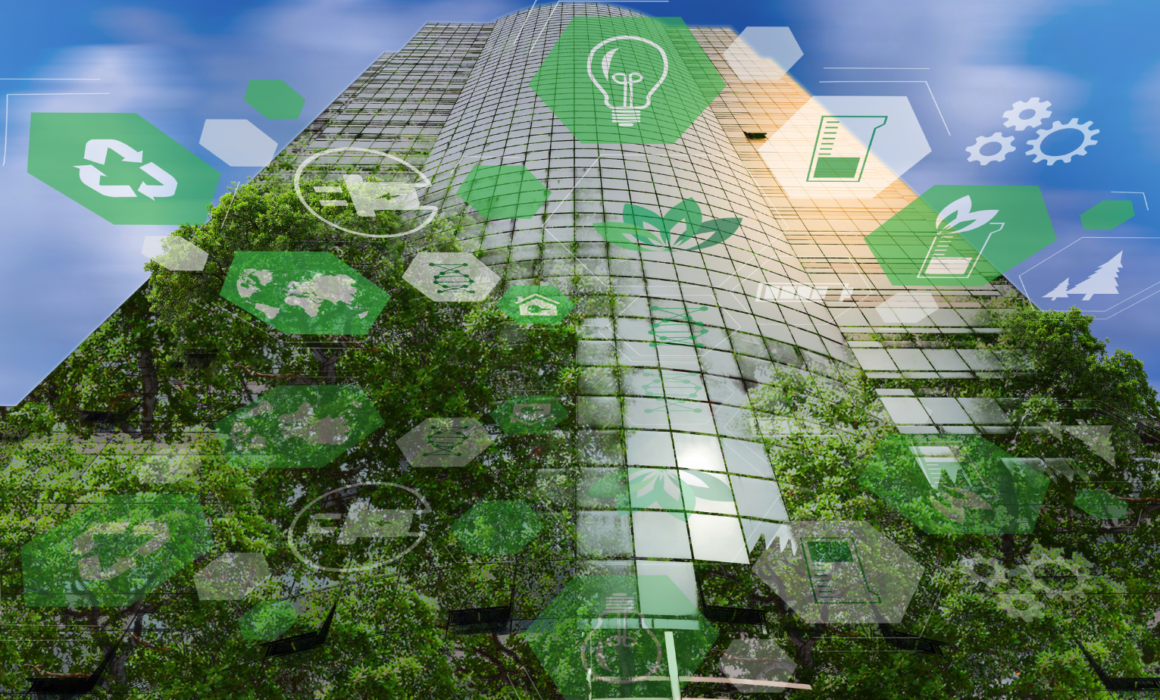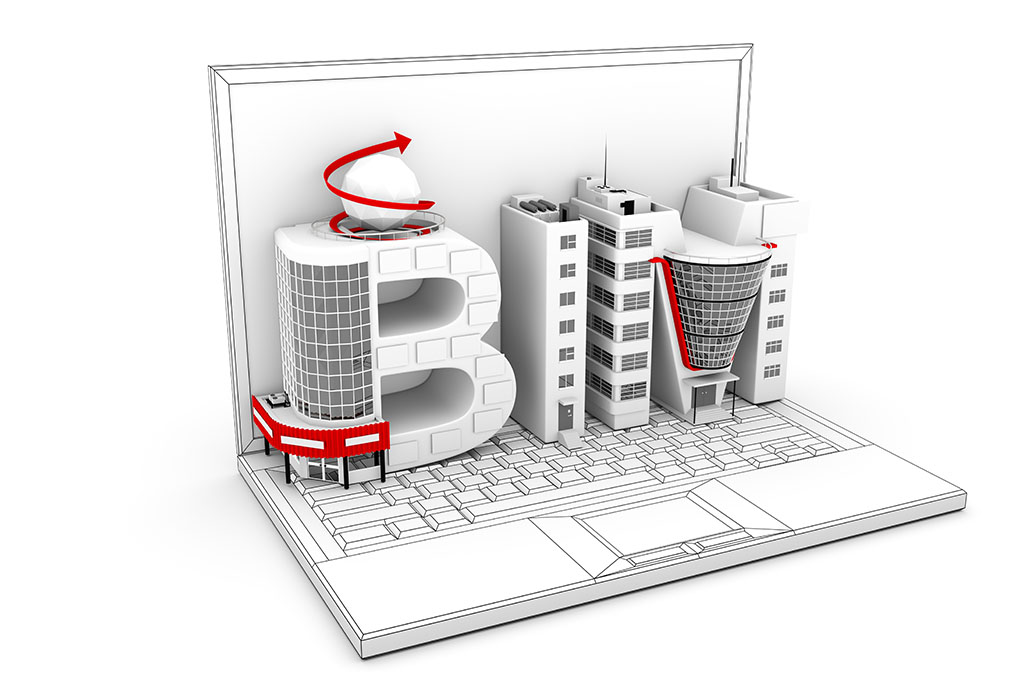BIM and Sustainable Construction
Today, the word “sustainable” is used to mean so many things, but when excessive usage is removed and the core meaning of sustainability is observed, its value becomes apparent.
Sustainable construction aims to meet today’s needs for housing, work environments, and infrastructure without compromising the ability of future generations to meet their own needs in times to come. It incorporates elements of economic efficiency, environmental performance, and social responsibility, and contributes most when architectural quality is included.
Therefore, this term goes beyond installing energy-efficient mechanical systems; it is a philosophy that affects all aspects of the design and construction phases, as well as the ongoing maintenance and operation of the building into the future.
The initial phase of sustainable construction involves issues such as building design and management; materials performance; construction technology and processes; building energy and resource efficiency. The importance of sustainable construction in the long term is important, as a building must be designed and constructed with the foundations of energy efficiency throughout the life cycle of the building.
What is the role of BIM in sustainable construction?
Building information modeling (BIM) is now part of the design and construction industry, and it makes sense that it can play a key role in achieving sustainable building goals. But how do the two relate?
Here are three ways in which they relate:
- Increased transparency during the design phase.
- Increased efficiency during the design and construction phases.
- Greater control during the operations phase.
Increased transparency during the design phase
The use of BIM on a project, from design, allows for a transparent process, confirming that design data is aggregated into a shared model, and every stakeholder on a project can quickly and easily access a complete summary in real-time.
This transparency allows contractors, engineers, suppliers, and more to bring their knowledge and expertise to the overall construction and operation of the building from the beginning making the project more sustainable in the design phase before the money is spent on materials or supplies.
This ensures that the most environmentally responsible materials and methods are used during construction, it also saves time and money by avoiding rework and schedule delays during construction through better upfront planning.
Increased efficiency during the design and construction phases
The use of BIM results in 3D virtual prototypes that can be easily shared and used for real-time collaboration and simulation to test both construction logic and sequence.
From estimating and takeoff to design and ongoing project management, each step of the design and construction workflow is reviewed and improved as BIM technology is integrated.
Each step in the process where BIM saves time, improves efficiency, enhances the design, and reduces errors provides a measurable opportunity to minimize the lifetime environmental impact of the building.
Greater control during the operations phase
Thanks to the high level of detail and ease of sharing 3D models created with BIM, a wealth of information and operational data can be transmitted to the building owner and manager, enhancing their ability to run the building to its fullest potential.
This benefit of BIM fits perfectly with the philosophy of sustainable building, which goes beyond design and construction and extends to the long-term maintenance and use of the entire structure.
There may be other ways in which BIM technology and methodology can help improve the sustainability of construction projects.


